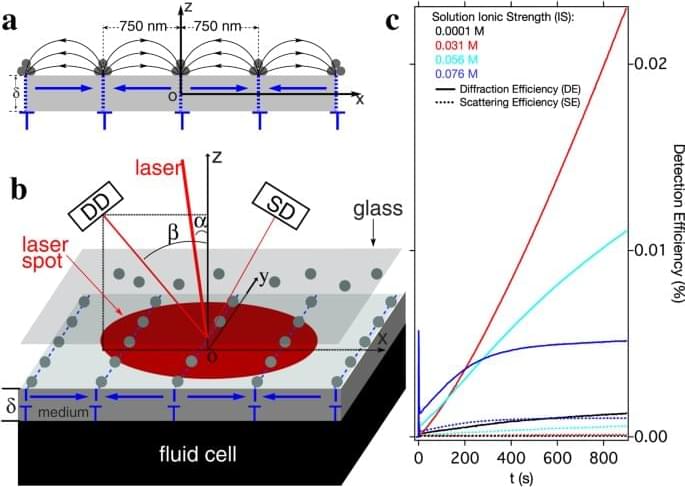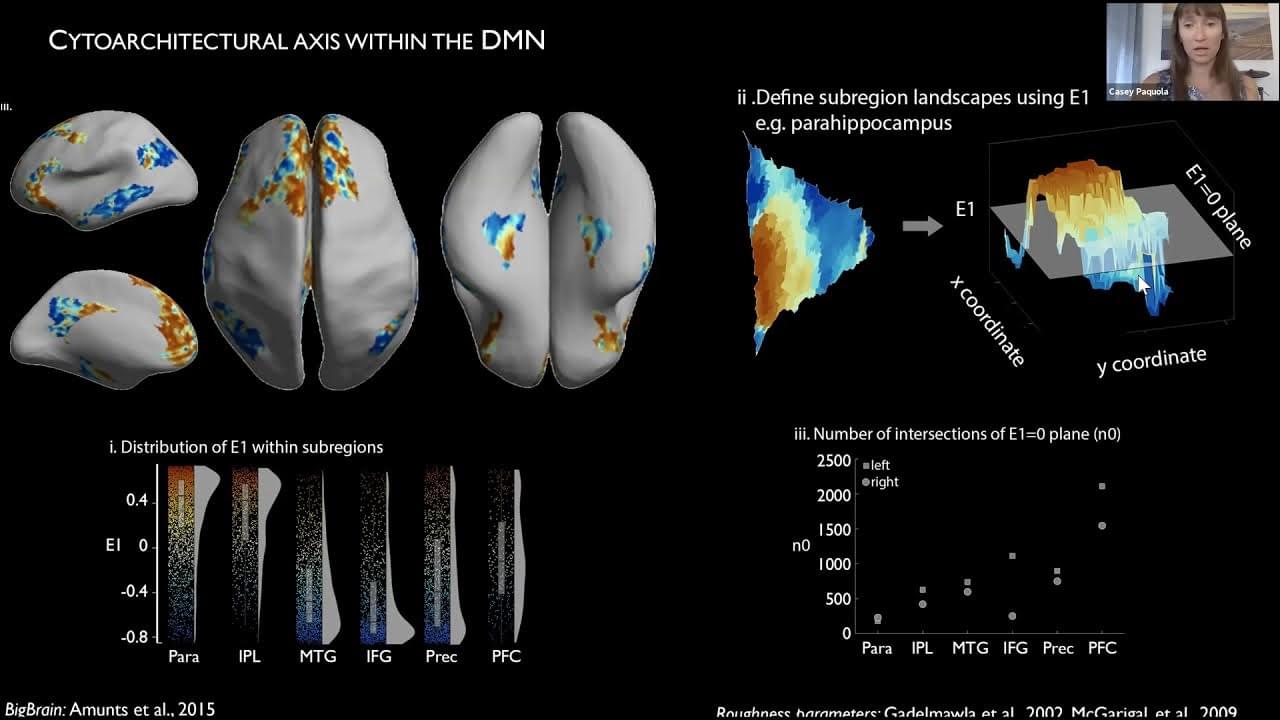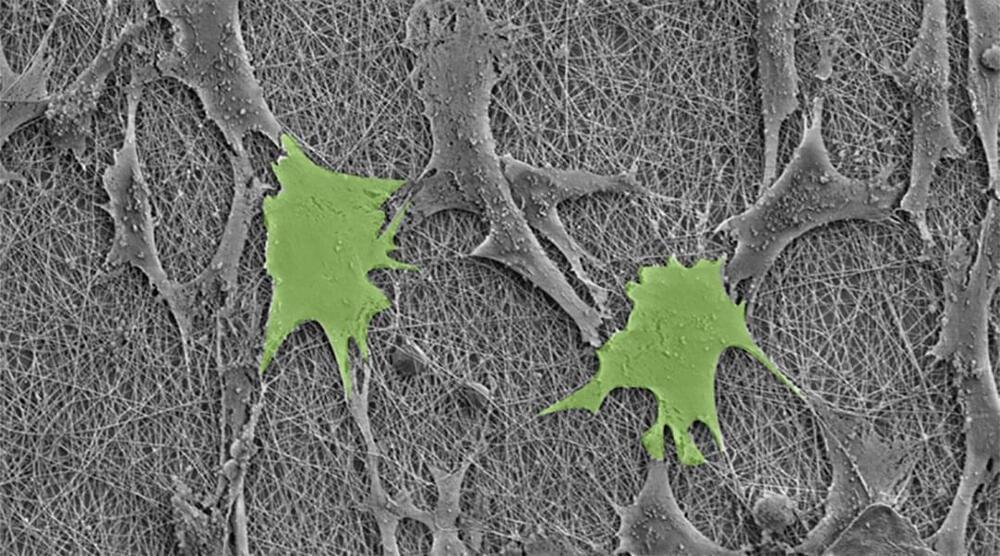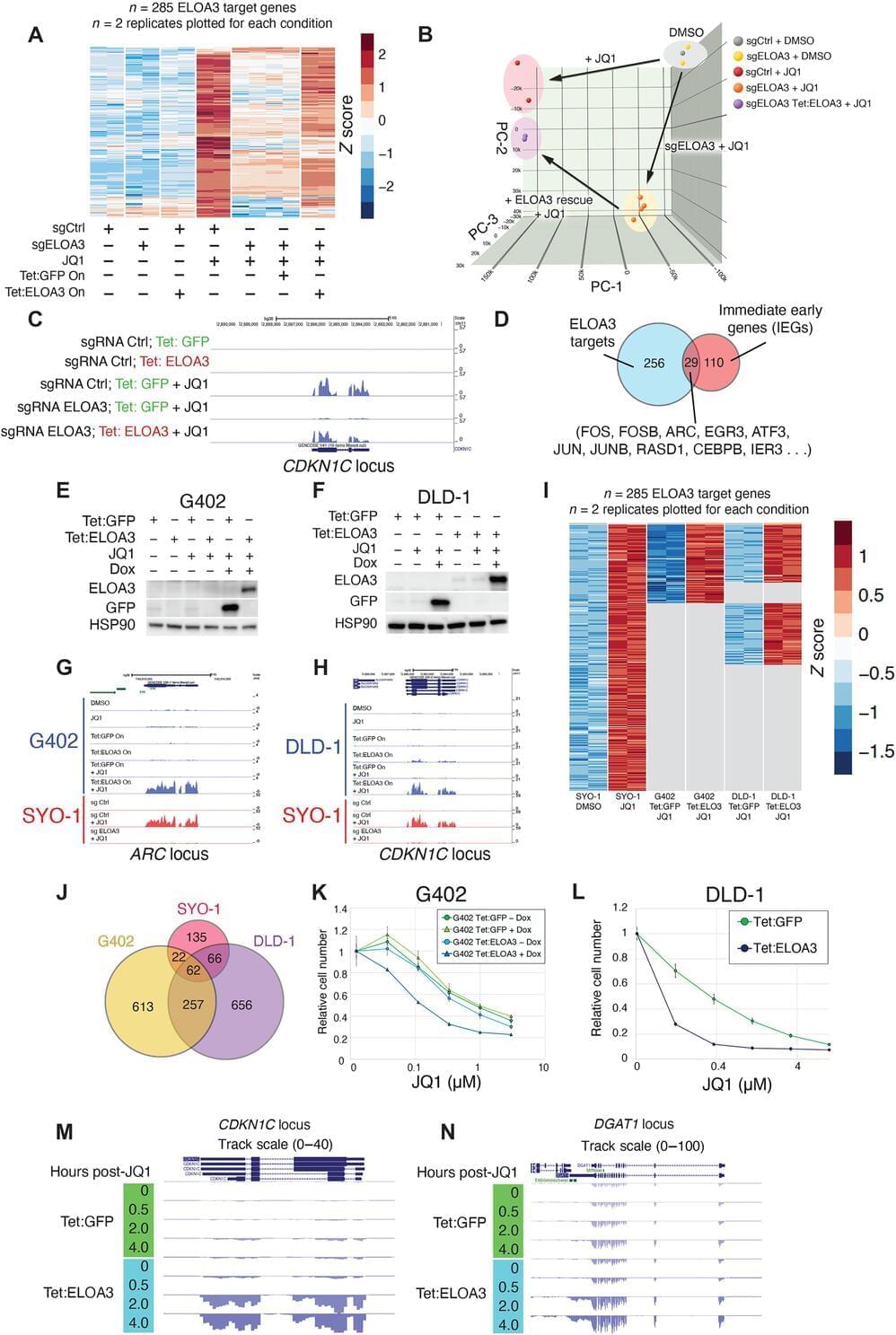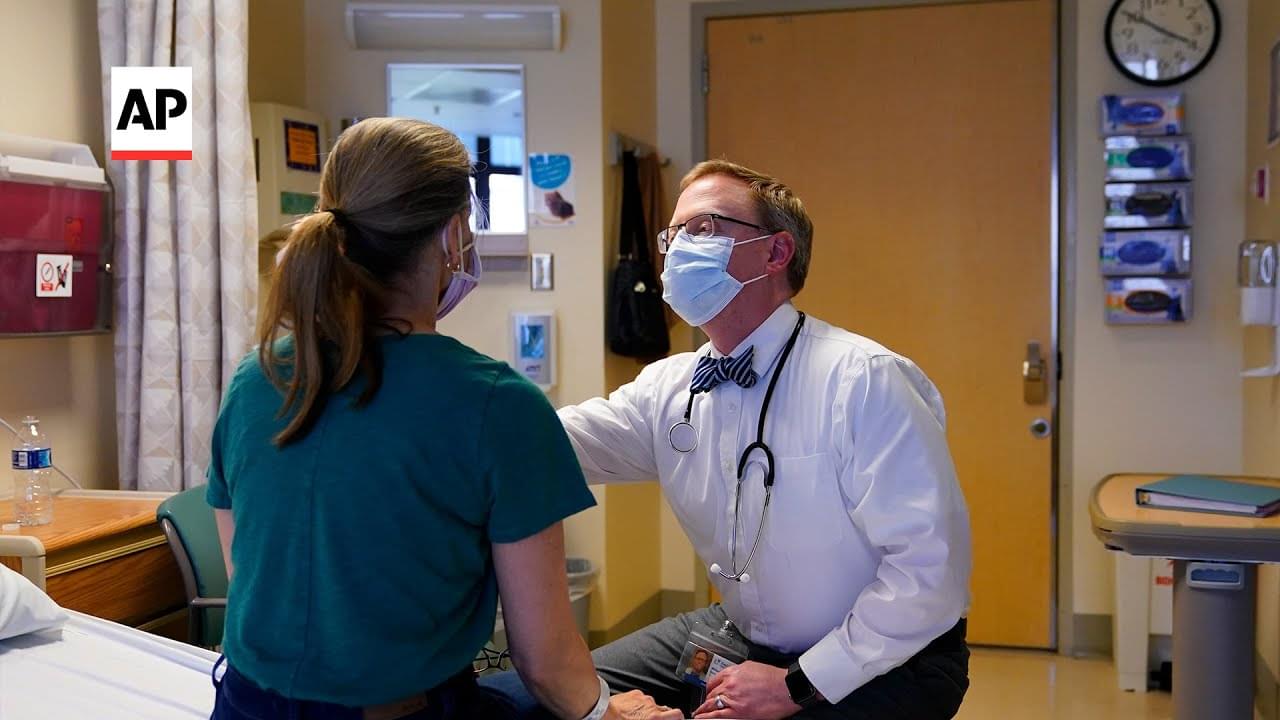
The groundbreaking gene-editing technology known as Crispr, which acts like a molecular pair of scissors that can be used to cut and modify a DNA sequence, has moved rather quickly from the pages of scientific journals to the medical setting. Earlier this month, about three years after Jennifer Doudna and Emmanuelle Charpentier won the Nobel Prize in Chemistry for describing how bacteria’s immune system could be used as a tool to edit genes, regulators in the U.K. approved the first Crispr-based treatment for sickle cell disease and beta-thalassemia patients. The treatment, from Vertex Pharmaceuticals and Crispr Therapeutics, could be approved by the U.S. Food and Drug Administration early next month for sickle cell patients.
While many obstacles lie ahead for the nascent field, such as how to pay for treatments that typically cost more than $1 million, these regulatory approvals are just the start as newer gene-editing technologies such as base and prime editing make their way through human studies. In an interview, Prof. Doudna says the approval is “a turning point in medicine because it really shows how genome editing can be used as a one-and-done cure for disease.”
Gene editing is part of a broader therapeutic revolution that encompasses genetic and cellular medicine. The pills and injections we are all familiar with generally target proteins or pathways in the body to treat disease. With gene and cell therapy, we can now target the root cause of disease, sometimes curing patients.

